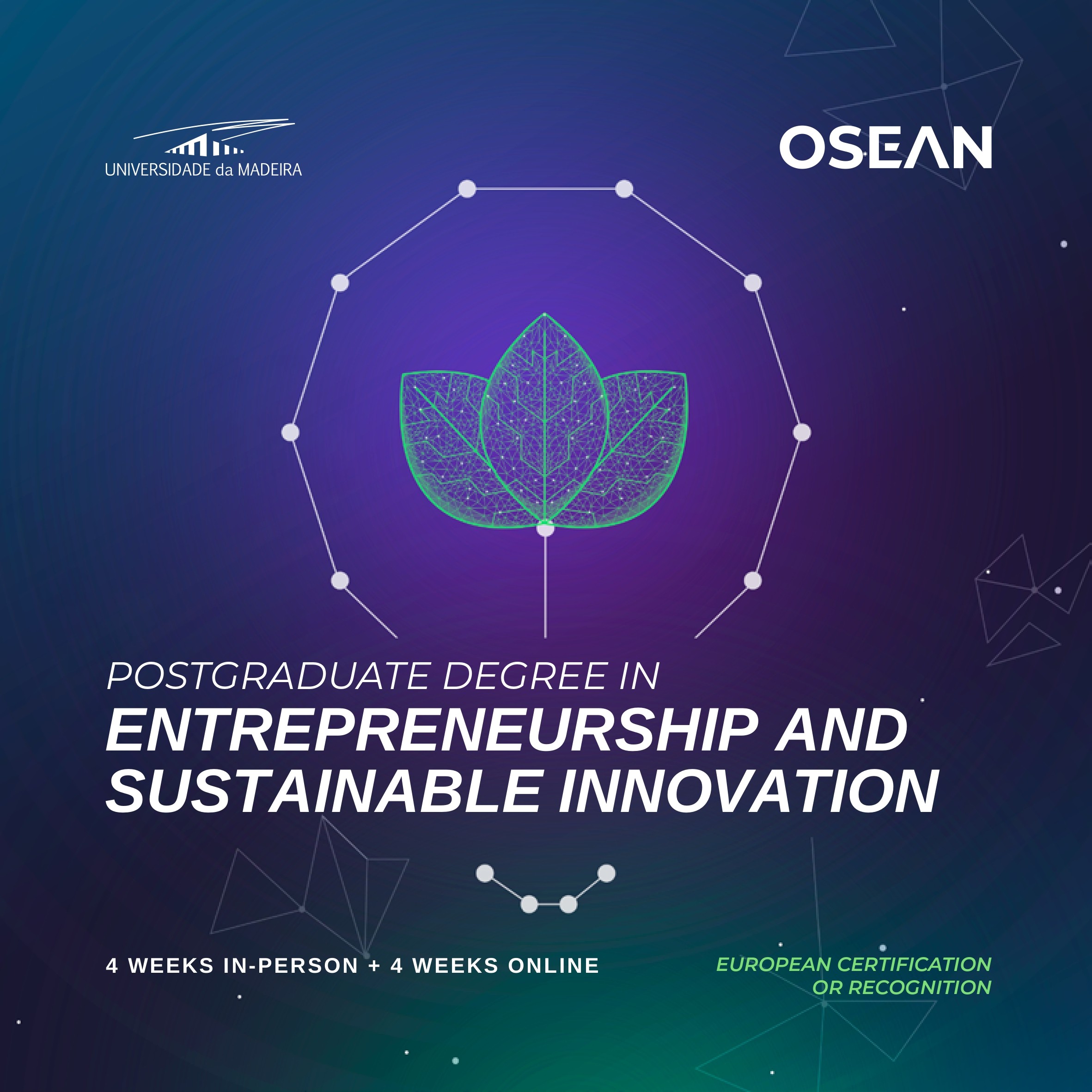
In accordance with the Synopsis report on the results of the Communication on the outermost regions consultation activities {COM(2022) 198 final} – {SWD(2022) 133 final}, on May 3 2022, the Commission considers “[p]utting people first, securing sustainable and inclusive growth, [and] unlocking the potential of the EU’s outermost regions” is to be achieved through a TWIN transition, that is to say a green and digital transition. learning to innovate sustainably using Innovation Ecosystems and, in particular, the sub-type of Transformative Enterprises to support entrepreneurial ventures through their Discovery, Evaluation, Simulation, Enablement, and Acceleration.
A 30-ECTS, four-month postgraduate course containing 6 subjects with 5 ECTS each (total of 144 hours). Student workload per week is 18 hours. Total duration is 16 weeks. The first 6 weeks will be lectured at the University of Madeira, while the remaining 10 will be completed virtually.
Those who successfully complete the course will be able to better nurture ideas from inception to late market adoption in an effective and rapid manner using ecosystem approaches and with a higher probability of success. This will help define, launch, and run entrepreneurial efforts more successfully.
Eduardo Manuel de Almeida Leite (Ph.D.) 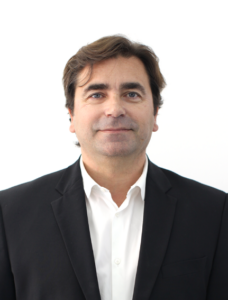
Career as an assistant professor in Portugal’s public higher education. Ph.D. in Management. Regent and lecturer of curricular units linked to business, such as: management, accounting, auditing, and entrepreneurship. Lectures in master’s courses in hotel management and in degrees in economics, management, and hotel directing and management, among other higher professional courses. As a researcher, he integrates transnational research networks and coordinates and participates in several European projects, through which he has raised significant funding for the University of Madeira. Affiliated with national and international research centers in Portugal, Brazil, and Iceland. At the same time, he holds several management and coordination positions in the bodies of the University of Madeira, currently being Vice President of the Higher School of Technologies and Management. He was an entrepreneur and student athlete, having been one of the pioneers among former professional soccer players to obtain the title of Doctor in Portugal.
Georgeta Vidican Auktor (Ph.D.) 
Dr. Georgeta Vidican Auktor is a development economist with more than 10 years of experience in applied research, academia, and industry consulting. She is currently Senior Project Manager at TUM International GmbH (TUMint), a subsidiary of the Technical University of Munich. At TUMint, she focuses on the development and management of scientific sites, innovation ecosystem acceleration, capacity building, and development policy consulting. Her passion lies in understanding drivers of change, building communities of practice, and transforming visions into practical and deliverable strategies for governments, industries, education, and research institutions.
Georgeta studied International Development (Ph.D.) and Urban Planning (M.A.) at the Massachusetts Institute of Technology (MIT), Applied Sociology (M.A.) at the University of Massachusetts Boston, and economics at West University of Timisoara (B.A.), Romania. Since the beginning of her professional career, she has acted at the intersection of research, policy, and academia, advancing knowledge on complex societal transformation processes and advising policymakers on strategic interventions to foster innovation, increase the effectiveness of industrial policy, and enable the transition toward a green and inclusive economy.
She is also a Research Fellow at the German Institute for Development and Sustainability in Bonn, and a professionally certified Environmental Manager and Auditor.
Tamer Abu-Alam (Ph.D.) 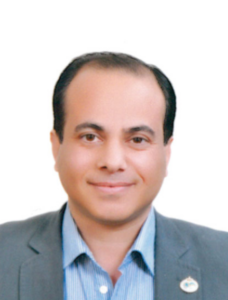
Dr. Tamer Abu-Alam is a highly skilled multidisciplinary scientist with a strong background in research, teaching, and project management. He holds a Doctorate of Science in geology from Karl-Franzens-Universität Graz in Austria and advanced degrees with the first-class Honor in geology from Tanta University in Egypt. Tamer’s diverse expertise includes geology, regional tectonics, data science, and sustainability analytics. As an Assistant Professor of Sustainability Analytics at the Department of Arctic and Marine Biology at UiT The Arctic University of Norway, Tamer is leading the charge in driving innovation in sustainability. He serves as the project coordinator and PI for several EU-funded projects, including CloudEARTHi, Inspiring the Minds, and SEEDplus. In these roles, he utilizes his expertise in big data, sustainability analytics, and footprint analytics to develop green shift and blue growth scenarios, helping to support the transition to a more sustainable and resilient future. Tamer is also committed to building innovation capacity at higher education institutes in the field of using big data to address societal challenges. In addition to his work at UiT, Tamer has held various research and teaching positions at institutions such as the Norwegian Polar Institute and Karl-Franzens-Universität Graz. He has published over 40 papers in peer-reviewed international journals, given 50 oral presentations at international conferences, and presented numerous posters at international conferences. He currently serves as the editor-in-chief of the Lithosphere and the information officer of the Geological Society of Africa.
Natalie Walsh (Ph.D.) 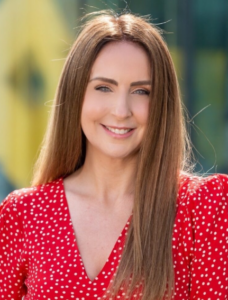
Dr. Natalie Walsh is the Director of Entrepreneurial Development at the University of Galway. She has worked in higher education for over sixteen years with senior roles in Research, Innovation, and Entrepreneurship, spanning areas including ecosystem development, research and innovation clusters, and role identity theory of academic entrepreneurs.
Natalie’s experience and expertise spans areas including leadership, strategic planning, project and grant management, finance, and human-centered design. Natalie holds an MSc in Strategy, Innovation and People Management from the University of Galway and has completed her Ph.D. in Trinity College Dublin using role identity theory to explore the paradox of academic researchers commercializing their research.
Natalie, together with her team, is leading two significant projects focused on transformation change with the University. Designing Futures is a HEA funded project focused on transforming the student experience. The second project is a European Institute of Technology award, which focuses on international innovation capacity building with a strong focus on structural and system changes to support innovation and entrepreneurship across the projects respective to entrepreneurial ecosystems. Idea to Impact (i2i) will also create a suite of programs and training for students, staff, and alumni across West Ireland, Greece, Spain, Bulgaria, and Slovakia.
Additional projects within Natalie’s portfolio include EIT Health-funded projects such as Women Entrepreneurship Bootcamp, SCI FI, Innovation Days, and ENERGHY.
Vanessa Ratten (Ph.D.) 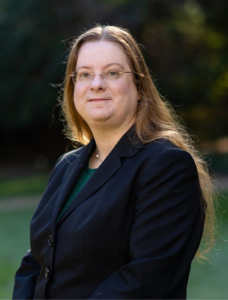
Vanessa Ratten is an Associate Professor of Entrepreneurship a in the Department of Management, La Trobe Business School at La Trobe University, Melbourne, Australia. She teaches Entrepreneurial Business Planning, Managing Innovation in Organisations, Corporate Venturing, Analyse & Ideate and Entrepreneurship. She has previously been on the business faculty of AACSB accredited universities including Duquesne University (Pittsburgh, USA), the University of Queensland, Queensland University of Technology and Deakin University. She has a PhD from the UQ Business School at the University of Queensland, which focused on the role of organisational learning in an alliance context in the Information and Communication Technology industry. Her teaching interests focus on entrepreneurship and innovation. Vanessa enjoys teaching and seeing her students reach their full potential. She has over twenty years’ experience teaching a wide variety of undergraduate, postgraduate, MBA and executive level subjects. This includes subjects delivered in a weekly face to face mode, online, blended and intensive mode. She has published 2 textbooks related to her teaching expertise including “Analyse, Ideate and Grow: The Role of Creativity and Entrepreneurship” (Springer) and Managing Innovation in Organisations: Fostering an Entrepreneurial Approach” (Springer). She has over 150+ publications in peer reviewed journals, which are distinctive in the way they combine topics from different areas. Most of these publications have received international recognition for their contribution to the entrepreneurship and innovation field. She is well known for her thought leadership on new and emerging topics such as sport entrepreneurship, sport innovation and COVID-19 entrepreneurship. Her work on these areas includes many highly cited articles. She has published 7 sole authored book research monographs on topics including frugal innovation, and sport startups. She has co-edited more than 20 books on topics including tourism innovation and knowledge spillovers. She is the editor of the book series “Palgrave Studies in Global Entrepreneurship” (Palgrave) and “Innovation and Technology Horizons” (Routledge).
She is honoured to be one of the three La Trobe Business School academics who have recently been recognised in http://Research.com‘s rankings list (30th May 2022). You can view the full list of Australia’s top business and management researchers here: https://research.com/scientists-rankings/business-and-management/au. Vanessa also made the 2022 #Stanford list of the top 2% of global scientists in terms of research impact https://www.adscientificindex.com/?con=&tit=&q=Vanessa+Ratten.
Lizbeth Arroyo (Ph.D.) 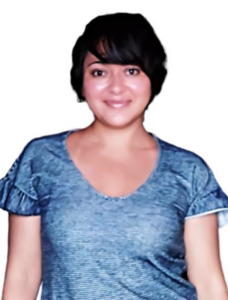
Lizbeth Arroyo holds an International Ph.D. in Business. Her doctoral research is focused on understanding the legitimacy of digital entrepreneurship, particularly how the digital context influences the entrepreneurial identity construction and conditions the legitimacy process. She takes a sociological approach that encompasses the theory of ideology, entrepreneurial identity, and organizational values. She leads regional development and entrepreneurship projects, such as TORCH-CHARM Alliance and HEI Initiative-The TRUE Project. Furthermore, she is the institutional delegate for the GEM or GUESSS projects.
Ana Leite (Ph.D. Student) 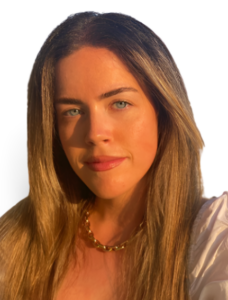
Ana Miguel Leite is a Ph.D. candidate in Political Economy at the Faculty of Economics of the University of Coimbra. Leite completed her master’s in Public and Private Administration at the Faculty of Law of the University of Coimbra and the bachelor’s degree in Languages and Publishing Studies at the University of Aveiro. She is a member of the Scientific Council of the journals Herança and NAUS. Leite is one of the Young Leaders of the Urban Future Global Conference.
Foundations of Innovation Ecosystems | Sustainable Development: Managing Biodiversity & Energy | Design Principles of Resilient Innovation Ecosystems |
Lecturer
| Lecturer
| Lecturer
|
Overall Objectives
| Overall Objectives
| Overall Objectives
|
Syllabus
| Syllabus
| Syllabus
|
Key Literature
| Key Literature
| Key Literature
|
Managing Digital Innovation | Principles of High-Speed Innovation Ecosystems | Project—Evaluating Innovation Ecosystems |
Lecturer
| Lecturer
| Lecturer
|
Overall Objectives
| Overall Objectives
| Overall Objectives
|
Syllabus
| Syllabus
| Syllabus
|
Key Literature
| Key Literature
| Key Literature
|
Address:
Colégio dos Jesuítas
Rua dos Ferreiros
9000-082, Funchal
Madeira Island, Portugal
Phone & Email:
+351 291 705 060
+351 912 365 049
osean.social@gmail.com